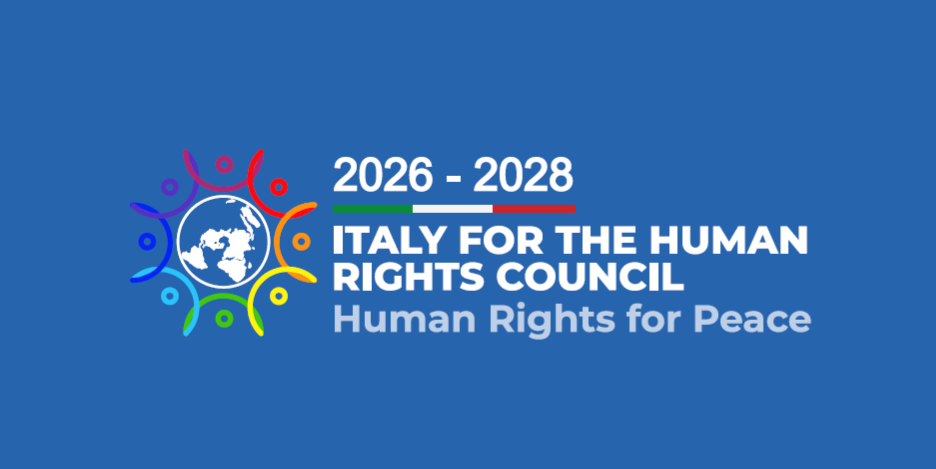Italy Announces Candidacy for UN Human Rights Council 2026–2028

Italy has submitted its candidacy for the United Nations Human Rights Council for the 2026–2028 term, emphasising its longstanding commitment to protecting and promoting human rights as a cornerstone of its foreign policy. The country advocates for a constructive and inclusive approach, prioritising collaboration with local actors and civil society organisations.
In its campaign, Italy underscores the importance of integrating human rights considerations into conflict prevention and resolution strategies, enhancing the effectiveness of the Universal Periodic Review process, and supporting the mechanisms of the Human Rights Council, including Special Procedures and Interactive Dialogues.
A significant focus is placed on combating all forms of discrimination, including racism, xenophobia, intolerance, and violence based on sexual orientation. Italy aims to prevent and counter the spread of hate speech both online and offline.
Women's rights are a central theme, with Italy pledging to empower women and girls, prevent and combat violence against women, and support international efforts to eradicate practices such as female genital mutilation and child, early, and forced marriage. The country also emphasises the importance of the Women, Peace and Security agenda.
Regarding children's rights, Italy prioritises the protection of vulnerable children, including those at risk of poverty, victims of violence and exploitation, and those in conflict zones. Efforts will continue to prevent child pornography, sexual abuse, and trafficking, as well as to promote education for all children and youth.
Italy reaffirms its strong opposition to the death penalty, advocating for a universal moratorium with the goal of complete abolition. The country supports related UN resolutions and encourages national debates to move away from capital punishment.
Italy’s candidacy also underscores its dedication to safeguarding freedom of opinion and expression, including the rights of journalists and media professionals. The country reaffirms its commitment to protecting freedom of religion or belief and supporting religious minorities through interreligious and intercultural dialogue, which it views as vital to preventing human rights violations. Through its membership in the International Contract Group on Freedom of Religion or Belief, Italy supports global initiatives and development programs, aiding communities affected by sectarian violence.
Italy further promotes the protection of cultural and religious heritage, recognising it as essential for preserving the identity of ethnic and religious minorities and fostering peace. It was emphasised by the country that cultural heritage is not only a cornerstone of civilisation but also a human right enshrined in international law.
Another priority area is the fight against human trafficking. Italy advocates a victim-centred, human rights-based approach, especially sensitive to the needs of women, children and unaccompanied minors. The country vows to continue its efforts at both national and international levels to combat this grave violation.
Italy’s campaign also places a strong emphasis on the rights of vulnerable groups, including persons with disabilities and older individuals. It supports a participatory and personalised approach to disability and promotes global adherence to the Convention on the Rights of Persons with Disabilities. At the same time, Italy highlights the indispensable role of civil society and human rights defenders, pledging continued support for their protection and the promotion of democratic values worldwide.

